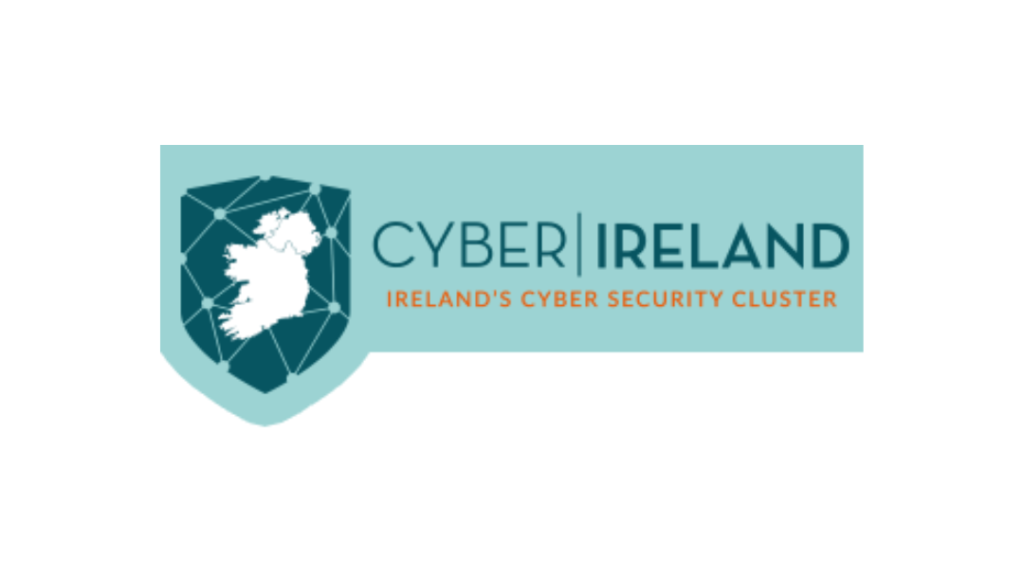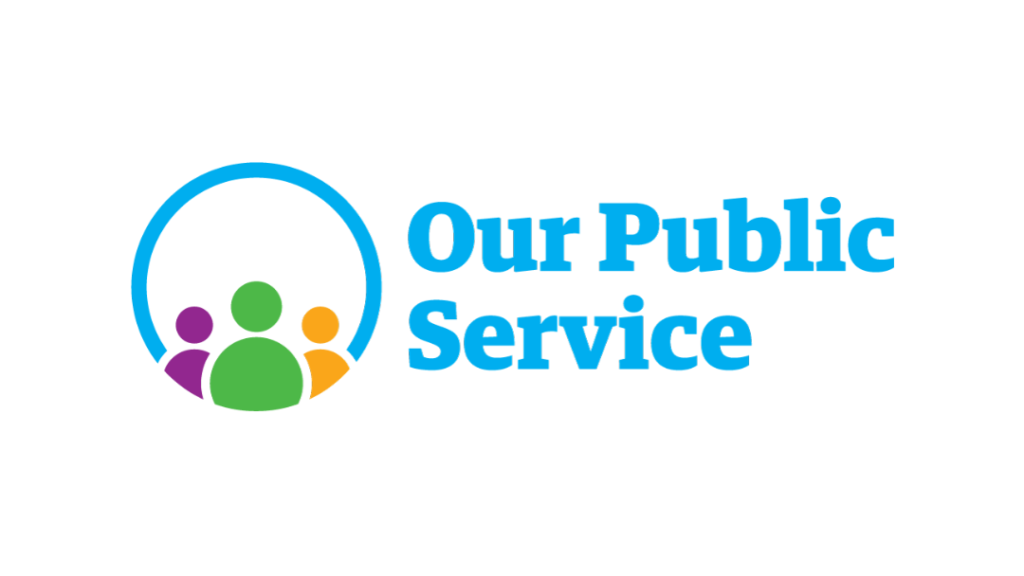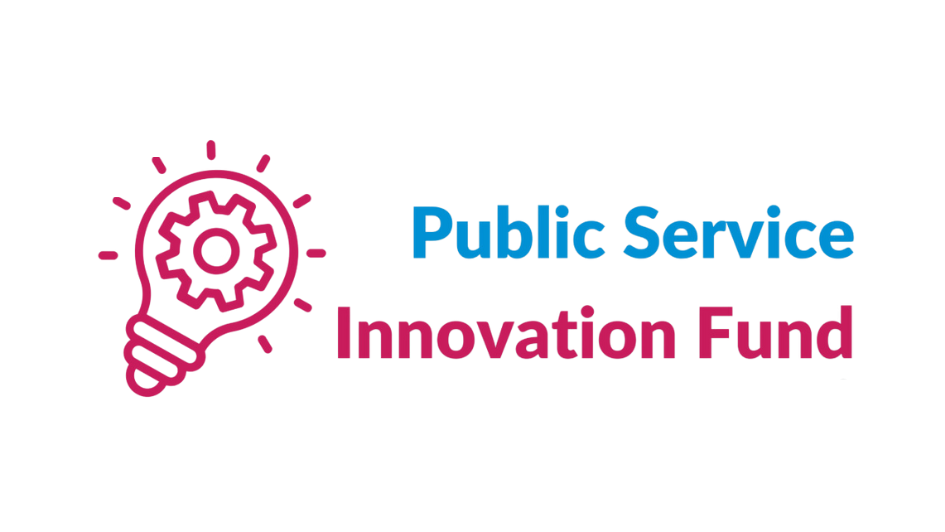Resource Development
The project will expand existing cybersecurity educational resources, such as those found on Cyberwise.ie, by integrating content on the intersection between cybersecurity and climate change. Student teachers from UCD and QUB will collaborate with government and industry experts to develop resources for secondary school educators and students. Topics will include the basics of cybersecurity, social engineering, and their impact on human behaviour and the environment.
Resource Spotlight
Empowering Critical Thinking in Sustainability Education
Recognising fake news is crucial when teaching about sustainability. Fake news refers to false or misleading information, but it’s important to understand the difference between misinformation, disinformation, and propaganda.
- Misinformation is incorrect or misleading information spread without harmful intent. It occurs when people unknowingly share false information, believing it to be true.
- Disinformation, in contrast, is deliberately false information created and spread with the intent to deceive or manipulate. The goal is to confuse or mislead people about an issue.
- Propaganda refers to biased or misleading information used to promote a specific political cause, ideology, or agenda. Propaganda can involve true or false information but always aims to influence public opinion, often through emotional or persuasive tactics.
In the context of sustainability, all three—misinformation, disinformation, and propaganda—can distort facts, misrepresent scientific consensus, and create confusion about the actions needed to protect the environment. Misinformation might be spread by individuals who don’t have the correct facts, disinformation by those who wish to cast doubt on environmental science, and propaganda by groups pushing a specific agenda, regardless of the truth.
Figure 1. How To Spot Fake News (International Federation of Library Associations and Institutions (IFLA), 2017)
A key component of tackling these issues is building trust in science. Trust in science is essential for students to differentiate credible, evidence-based information from misinformation or disinformation. Misleading information can erode this trust, making it harder for individuals to engage with scientific research and understand the significance of sustainable practices. When students trust in reliable scientific sources, they are more likely to critically evaluate evidence, understand the complexity of environmental issues, and make informed decisions.
By learning how to identify misinformation, disinformation, and propaganda, students can sharpen their critical thinking skills and become informed consumers of information. They will be better equipped to recognize trustworthy sources, evaluate evidence-based arguments, and make thoughtful decisions related to sustainability. Recognising these forms of misleading information and understanding the importance of trust in science empowers students to navigate the complex issues of sustainability. It equips them to advocate for solutions grounded in credible, scientific information. The resource How to Spot Fake News (International Federation of Library Associations and Institutions [IFLA], 2017) is an open-access tool that reminds students of the key areas to consider when evaluating the credibility of information. You can find this and additional resources on the Padlet.
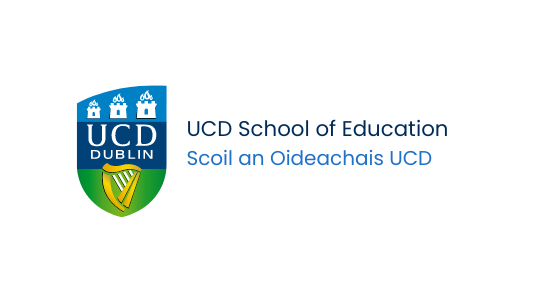
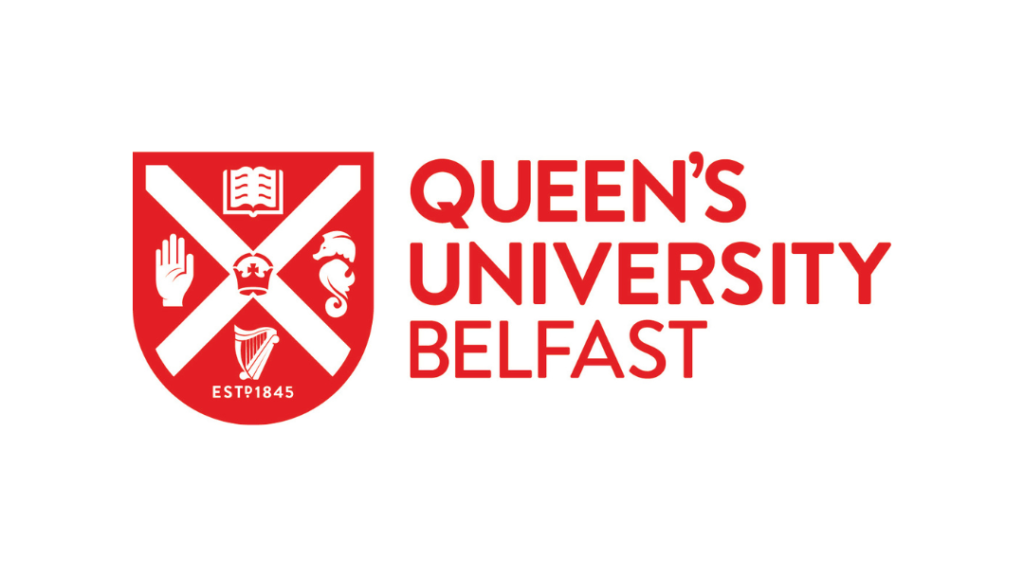


Resources
Online Quizzes
The online quizzes may be used to test both teachers and student knowledge
on climate change and on the Sustainable Development Goals.
Challenging Cognitive Bias
The resources may be used for both teachers and students to challenge their own biases when it comes to climate change.
Empowering Critical Thinking
Recognising fake news is crucial when teaching about sustainability.
Awareness of Carbon Footprints
Resources for creating awareness of carbon footprints and carbon pricing.
Making Greener Choices
Resources for thinking about making greener choices.
Climate Action Games
Resources for considering climate action through the medium of games.
Economic Models
Resources for considering contemporary economic models and concepts in
the context of climate change
Lesson Plan ideas
Please see links below that contain a number of lesson ideas for teaching climate economics.





